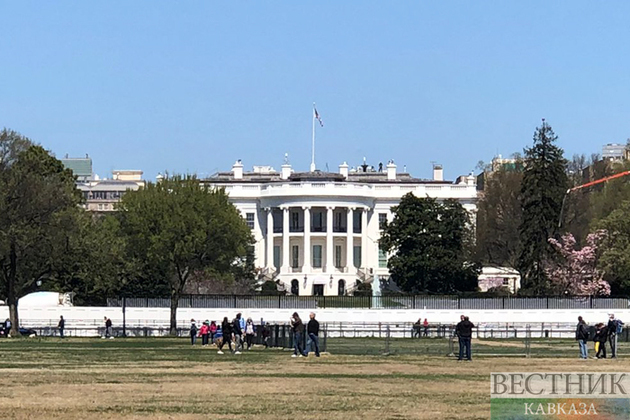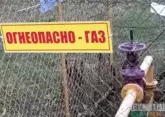US pressure on European countries to derail the bloc’s investment deal with China and cut Russia out of Europe, so as to maintain its own sphere of influence, will not succeed in a changing world order, South China Morning Post writes.
“Stuff happens,” former US defence secretary Donald Rumsfeld said in 2003 at the height of US power, in response to the looting in Iraq following the US-led invasion. Such a cavalier attitude from America will seem out of place in the changing world order today. The Regional Comprehensive Economic Partnership, which covers about 30 per cent of the world’s population and GDP, came into effect on January 1, and an EU-China Comprehensive Agreement on Investment is expected to follow.
While much has been said about the significance of these two pacts, their deeper ramifications on the world’s sinews of power might not have been adequately appreciated. Those who sounded the alarm on Japan toeing the US line against China, typified by former Japanese prime minister Shinzo Abe’s provocative statements on Taiwan, for example, should be reminded that Japan is also an enthusiastic party to the RCEP.
Tokyo signed up to the pact in November 2020, taking quiet advantage of the highest-pitched moment of US-China wrangling during the last days of the Trump administration, got it passed in parliament and finally ratified it discreetly in June last year – all the while keeping pace with Washington’s anti-China rhetoric. Japan is simply too aware of the importance of the economic agreement to allow its show of political solidarity with the US to disrupt it.
Similarly with the EU’s approach to an investment deal with China. The deal was signed in December 2020 but since then, at the US’ instigation, the EU has played up the issue of values, delaying ratification. One should not read too much into the delay, which is due to some EU parliamentarians’ indignation over China’s alleged human rights abuses in Xinjiang and Beijing’s tit-for-tat sanctions.
German companies, for one, cannot afford to stand idly by and risk being shut out of the pivotal China and Asia supply chains by competitors from Japan and South Korea. So the ratification of the investment deal is not a question of if, but when.
Given US attention on Europe, Brussels’ relationship with Russia is just as awkward.The new coalition government in Berlin is still digesting Angela Merkel’s foreign policy legacy of engaging Russia. Meanwhile, Emmanuel Macron, the presumed leader of the EU after Merkel’s retirement, is currently mired in a struggle to secure his second term as French president.
The Russian authorities proposed that the US and NATO to adopt a set of rules that would guarantee peace and security in the world, but no agreement was reached. But the Russian-Chinese summit in December couldn’t have been more timely. The leaders agreed to cooperate to “more effectively safeguard the security interests of both parties”. This mutual assurance was a logical extension of a relationship that, while not a formal alliance, has been described as being more than an alliance.
It should be also taken into account that after protests over energy prices escalated into widespread anti-government riots in the Central Asian country, Russia swiftly sent in troops to prop up its president, Kassym-Jomart Tokayev, under the auspices of the Russia-led Collective Security Treaty Organisation.
The world’s five legitimate nuclear powers – China, France, Russia, the UK and the US – recently declared that a nuclear war “cannot be won and must never be fought”. It’s long been known that Russia’s powerful military forces, which could quickly overrun their adversaries in western Europe, are unmatched in Europe if nuclear weaponry is taken out of the equation. Thus, the new year starts with “stuff” happening in big power politics, beckoning Washington to overcome its rigidity-laden inertia and seek a paradigm shift to cope.










